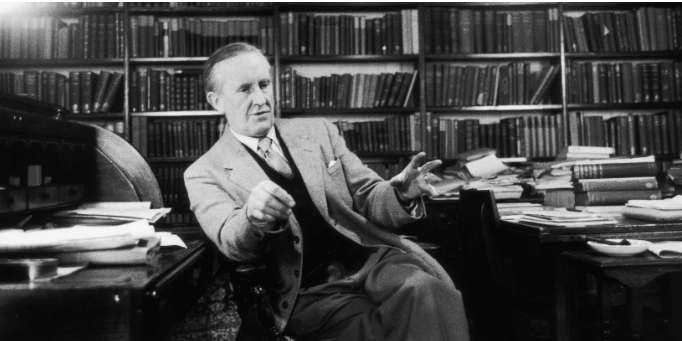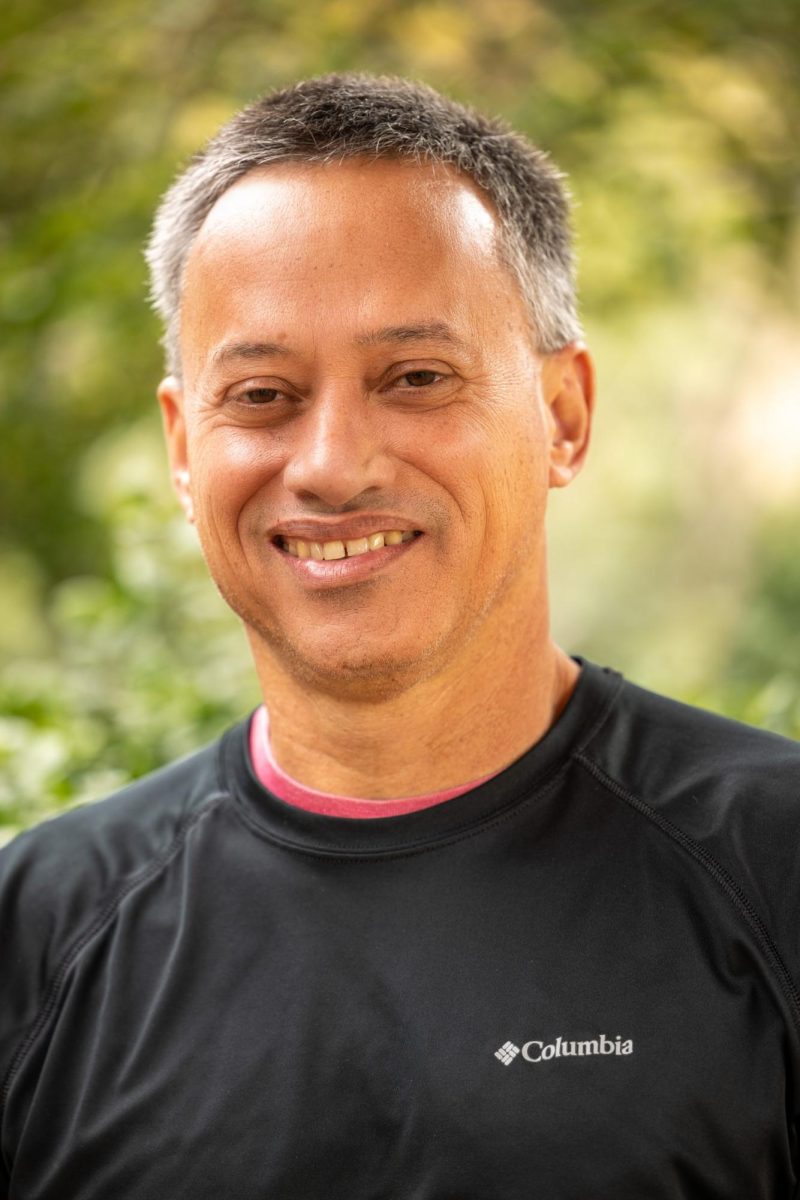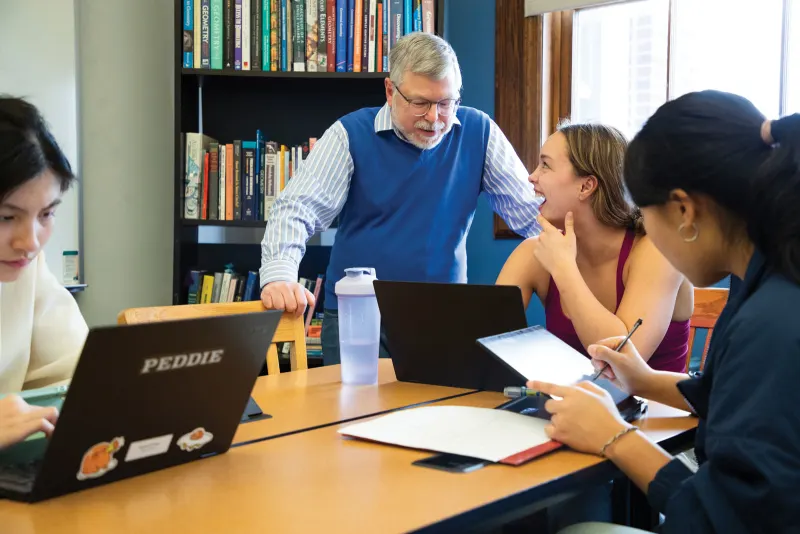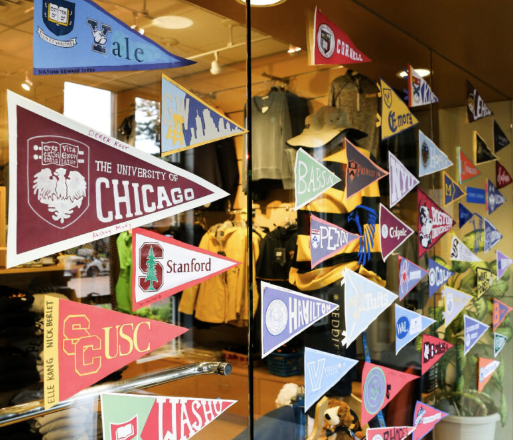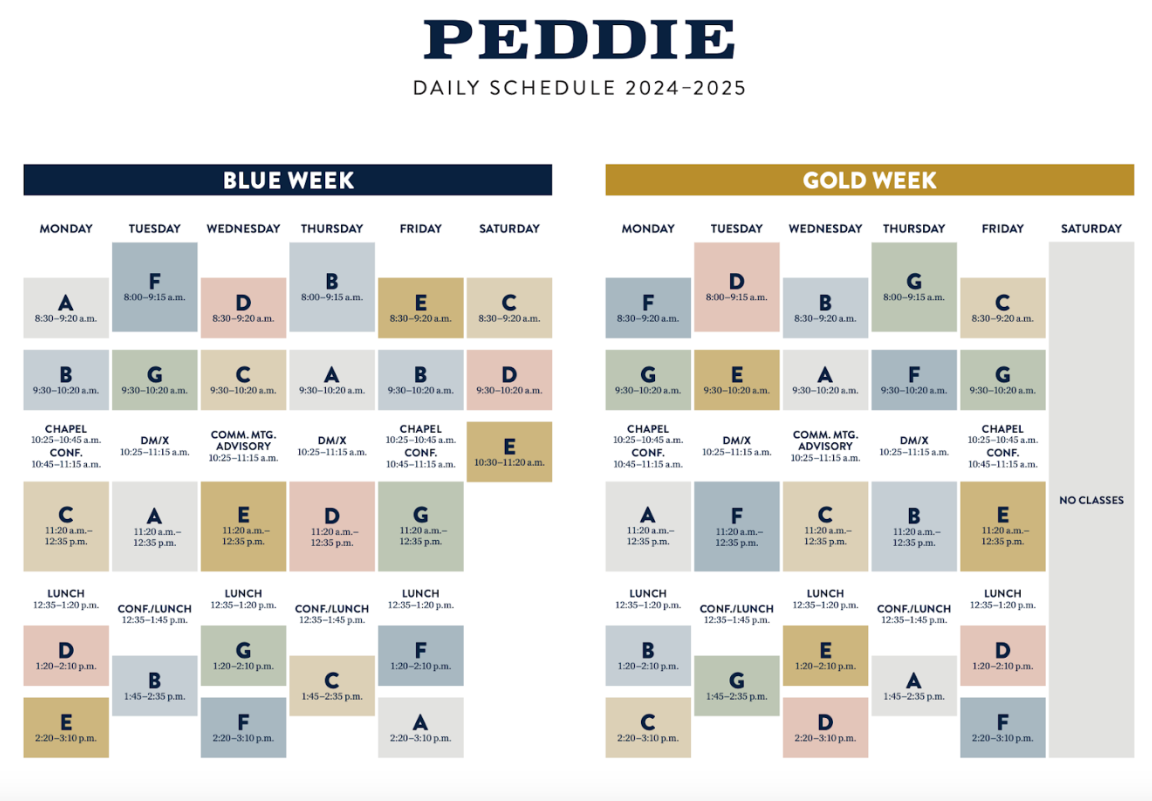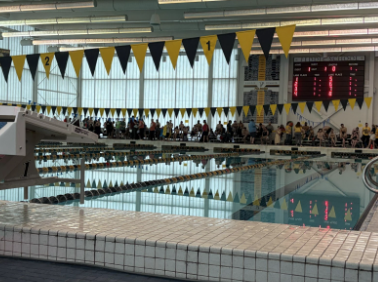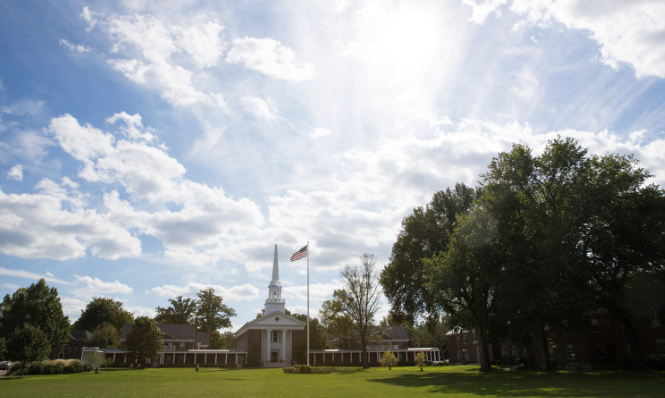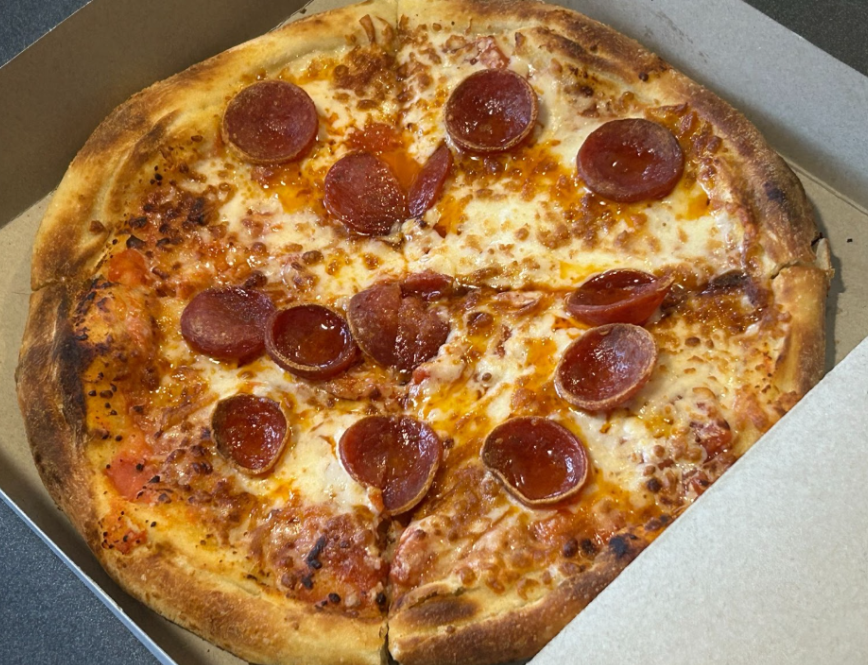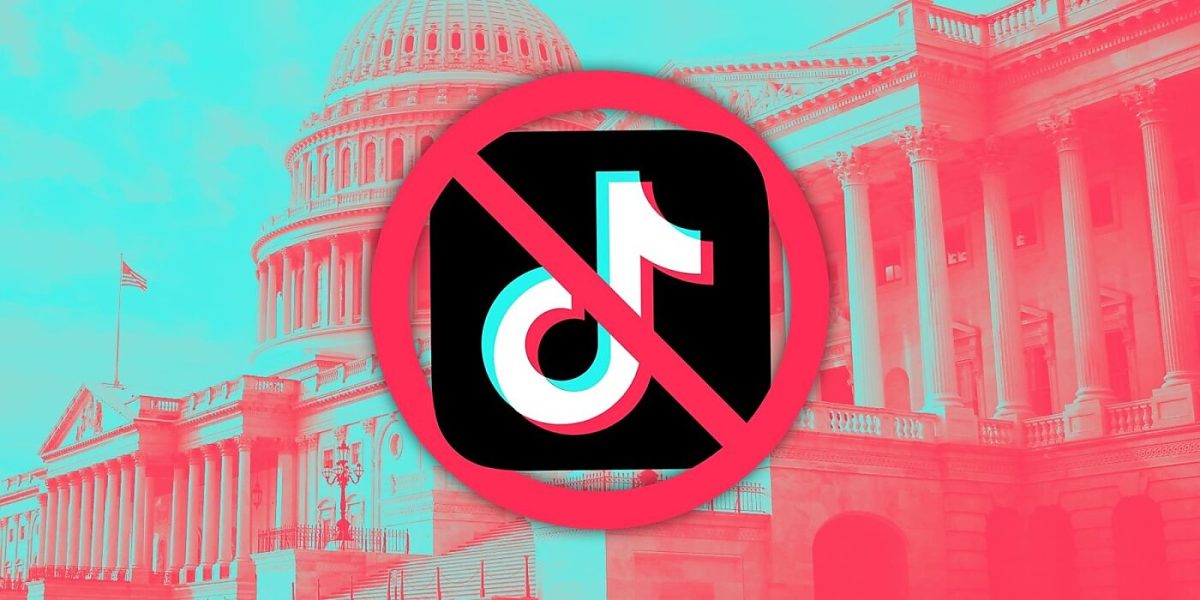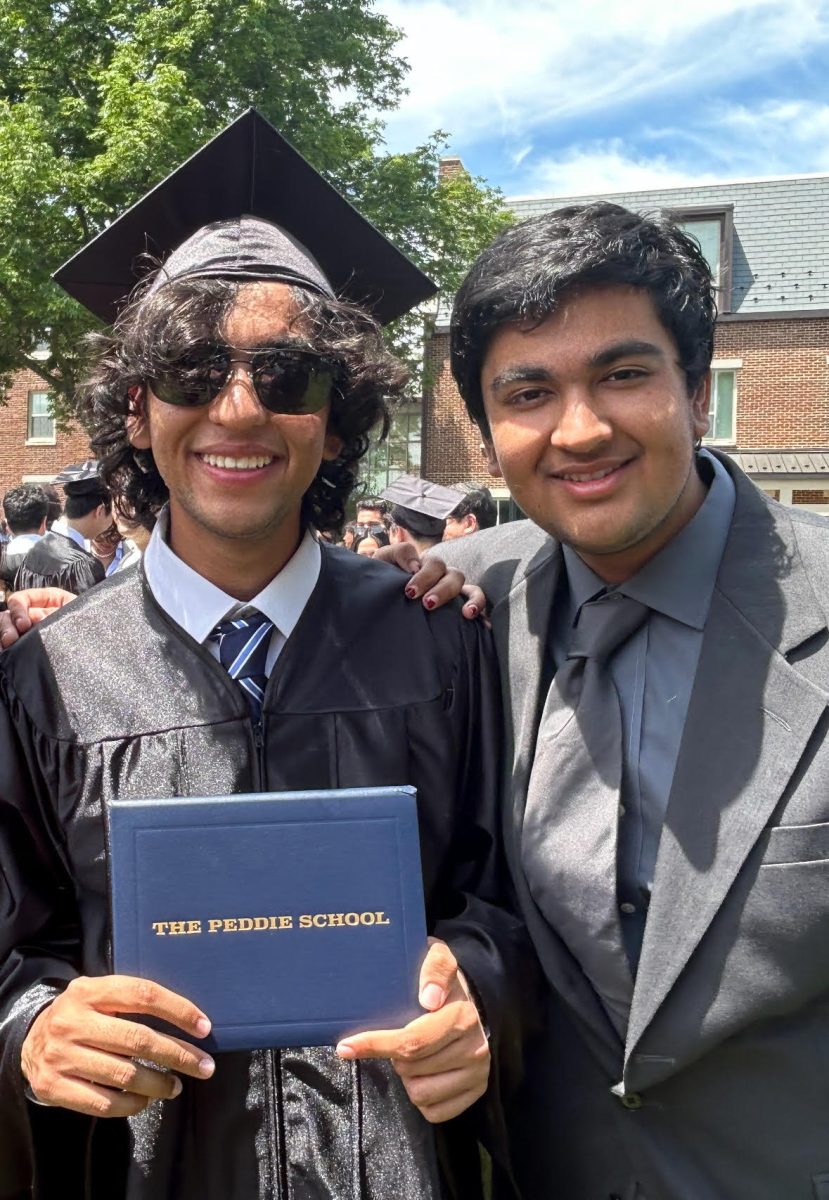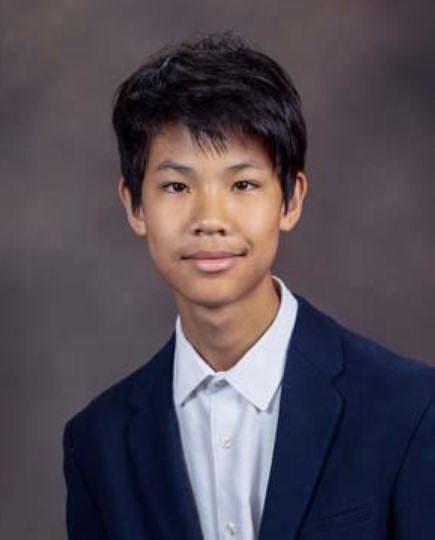Being on the discipline committee often requires that you put the needs of the school ahead of your personal feelings and friendships. In light of this, why should your peers choose you to represent them on a committee which makes decisions that have a profound impact on individuals and the school community as a whole? What qualities do you possess that make you a good candidate for this position?
I once inspired one of the more frantic thirty minutes of Mr. Michaels’s distinguished career. During my sophomore year, on a school trip to New York City to see a musical, I slipped away for some quiet time, put my phone on silent, and promptly missed the meeting time. After five missed calls, Mr. Michaels finally found me with his face going through every note in the minor scale. That detour earned me my second visit to the Dean’s office, which, I understand, is not the most appealing credential for the position I am now running for.
I share this embarrassing episode because discipline at Peddie is ultimately about the bond of trust between students and teachers. Rules are the framework that allows faculty to send a hundred teenagers into Manhattan multiple times a year or onto a robotics field 1,383 miles away, with confidence that we’ll all return safely and on time. When I broke that trust, I felt the ripple effect of my choice: the worry it caused Mr. Michaels, the scramble for a search party, the meeting with my advisor. To make amends, I contributed to preparing and setting up the videos for the winter concert that term. Mistakes cannot simply be erased, but their weight must be understood.
Community work like that instilled in me the same habits I practice as a lead in scouting during robotics season, which I have been dedicated to for the past three years: listening first, asking precise questions, and owning every decision. Those are the very skills the Disciplinary Committee requires—fairness, empathy, confidentiality, and a strong familiarity with school procedures—as outlined in the job description. I am committed to bringing that combination of calm inquiry and moral clarity into every case hearing.
My peers should choose me because my journey has equipped me with relatable judgment, a straightforward moral compass, and the courage to speak up when it matters. If elected, I will take an active role in building a Discipline Committee that balances compassion with consequence and spreads a proactive message: trust is everyone’s responsibility, and second chances are earned every day, not just when someone gets in trouble.
How might your academic and extracurricular obligations next year impact your role as a member of the Disciplinary Committee?
Next year, my robotics commitments will take me off campus for about four weekends and a few weekdays, depending on the spring schedule. I have discussed this with my mentors and made arrangements to cover my obligations during events. If I must be there in person, I will never miss a committee meeting or leadership workshop—even if it means missing part of a robotics championship.

